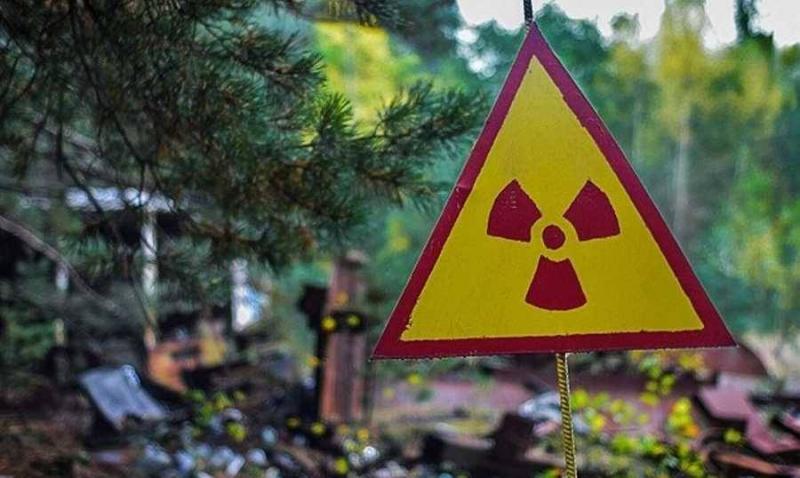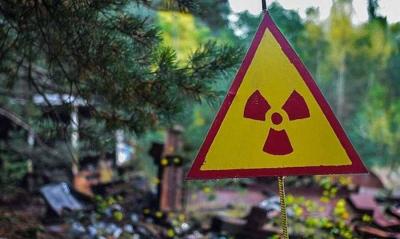The German ambassador to Lebanon, Andreas Kindl, tweeted the following the night before last: "A Lebanese-German cooperation regarding long-term solutions for the storage of nuclear waste in Lebanon is about to begin. This collaboration involves Dr. Bilal Nasouli and his colleagues with the German GRS foundation, with the German embassy in Lebanon coordinating." This tweet caused a wave of questions, especially since it came as a fragment without further clarifications. Some considered that the Lebanese government is coordinating the burial of German nuclear waste on Lebanese soil. After several attempts to clarify with the German ambassador (the author of the tweet), we did not reach a conclusion, due to the lack of response to the embassy's phone number or messages on Twitter.
Conversely, Dr. Bilal Nasouli, head of the Lebanese Atomic Energy Authority, mentioned in the tweet that "this waste is Lebanese and no radioactive materials will enter our land from abroad." He corrected the phrase in the tweet from "nuclear waste" to "radioactive waste." Nasouli further explained the significance of the meeting with these German entities, stating that it came at the request of former Prime Minister Hassan Diab, and after communications that extended over ten months, this technical meeting took place. He added: "The main objective of the meeting was to explain how to collaborate and benefit from German expertise in dealing with radioactive waste and transferring it to the Lebanese state represented by the Atomic Energy Authority."
Regarding the source of this nuclear or radioactive waste, Nasouli indicated that it comes from "metal debris from scrap traders." These traders "smuggled" in previous times debris from factories, hospitals, and laboratories from war-torn neighboring regions like Iraq previously and Syria recently, and they carry out metal shredding here, planning to export it later. "This metal debris is larger than natural Lebanese production, which indicates smuggling operations that have brought these materials into Lebanese territory," Nasouli affirmed. He cited unused types of scrap in Lebanon, "such as oil pipes and tank clocks." The legally used radioactive materials in Lebanon are known and monitored by the Atomic Energy Authority.
"The presence of radioactive metal scrap is not new," Nasouli stated, adding that previously, scrap ships would go to Turkey, where Turkish customs discovered radioactive materials and returned them to Lebanon with fines imposed on their owners. Today, after installing radiation detection devices, seizures are now taking place at our ports. Nasouli finally pointed out, "International law prohibits the export of these radioactive materials even if they entered through smuggling, which places the responsibility of dealing with them on us." Thus, Lebanese customs are seizing them, and the Atomic Energy Authority is responsible for appropriately and safely storing them on Lebanese territory.




